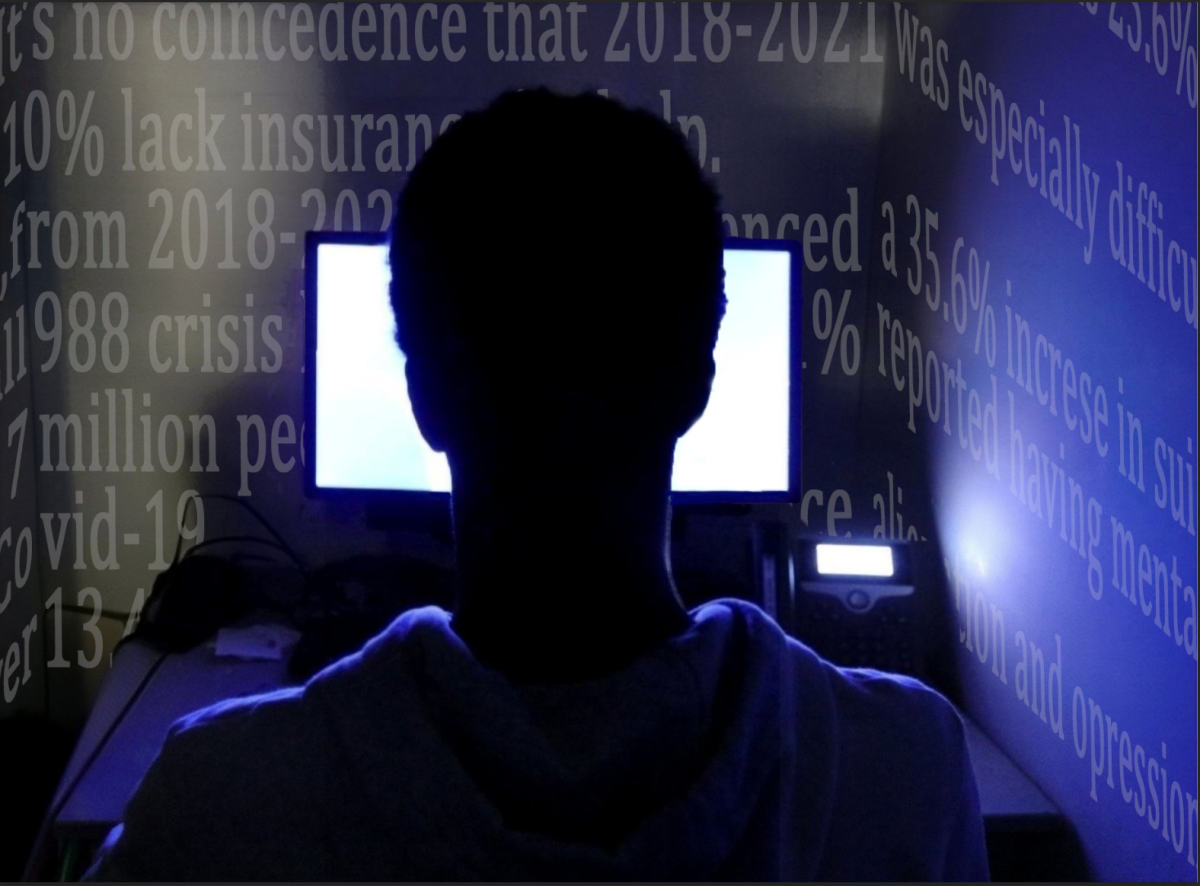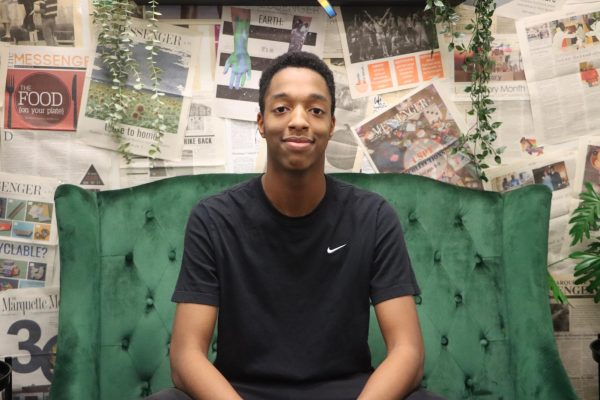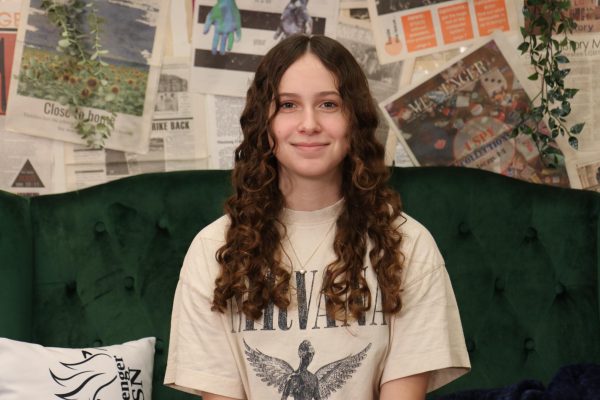During a visit at Harris-Stowe University in St. Louis on Thursday, Sept. 7, federal health officials discussed the launch of the 988 Suicide and Crisis Lifeline. Their discussion, however, brought attention to a significant issue that the larger society has overlooked for years: the mental health of Black youth.
Suicide rates increased significantly among non-Hispanic Black American youths aged 10-24 from 2018-2021 by approximately 35.6%, according to a study by the CDC. It is certainly no coincidence that 2018-2021 was especially difficult for African-American youths, with prevalent incidents of police brutality and general racial unrest such as the protests of the killings of George Floyd and Ahmaud Arbery, the subsequent BLM protests, and the COVID-19 outbreak.
The frequency of Black mental health problems are caused by racial discrimination manifested in disproportionate numbers of police killings, disparities in healthcare and the lack of access to mental health services.
According to “Black Mental Health: What You Need to Know,” 10% of Black youth lack the health insurance to do so. Furthermore, the lack of cultural sensitivity with certain healthcare professionals can make Black teens feel even more isolated than they already do. This results in Black youth being less likely to seek out help.
Discrimination is a major ongoing problem and a contributor to the Black mental health crisis that should never be ignored.
As an African-American teenager, I have found myself in many conversations about the issues we face. One aspect I do not feel is spotlighted enough as it should be, however, is mental health and how it is tied to those issues.
Glossing over the isolation discrimination can make Black teens feel can be just as harmful as ignoring racism in its entirety. In order to better understand the negative impact of racism, we must acknowledge the negative influence it can have on Black youth’s mental health.
Hopefully, there will be more conversation on Black mental health going forward. Perhaps the Harris-Stowe visit is the gateway to a larger spotlight on this issue.





